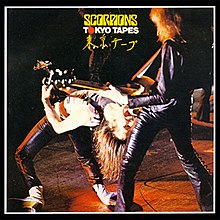So is this how it's going to be ? First the White House Spokesman Sean Spicer glaringly misrepresents the numbers of the Inauguration attendance by saying the crowds were the "biggest ever". Now Trump's chief apologist Conway announces that the Spokesman gave "alternative facts" about the numbers instead of simply saying that Spicer was mistaken, or more simply, was wrong. That would have given this faux pas a fast, if embarrassing, arrest, but it creates more concern and justification for more scrutiny on these rascals.
"Alternative facts"? This phrase pretty much reflects the magical and impulsive thinking of Trump's campaign rhetoric, where the first thing that came into his head at a speech was the next thing he said, without vetted proof of any sort, surreally incoherent declarations he would double, triple and quadruple down on when pressed as to their accuracy. There are, of course, no such things as "alternative facts". There are facts that are not accounted for, matters not yet discovered, recorded and verified, but all the same, there are no "alternative facts". There are facts known and facts unknown, and if there are facts that demonstrably disprove that what previously thought was true, you change your assumption, you change your theory of how the world works.
You begin to think that Trump's hallucinatory grasp of things is contagious among those who've been in close quarters to him for too long. Might this be a case of Elvis Syndrome, or Michael Jackson for that matter, where rich and deluded men are surrounded not by friends or concerned family but rather by hired henchmen who's job it is to reinforce the leader's slanted cosmology? It would a good time for us to re-read George Orwell's brilliant essay "Politics and the English Language", a trenchant piece that exposes how propagandist on the Left and the Right usurp common place words, phrases and concepts and find ways of using the language to advance their ideological goals.My worry about Conway's use of the phrase "alternative facts" comes that her use seemed reflexive, not performative. She sounded as if the distinction made any difference. You wonder if she knew the difference at all.







